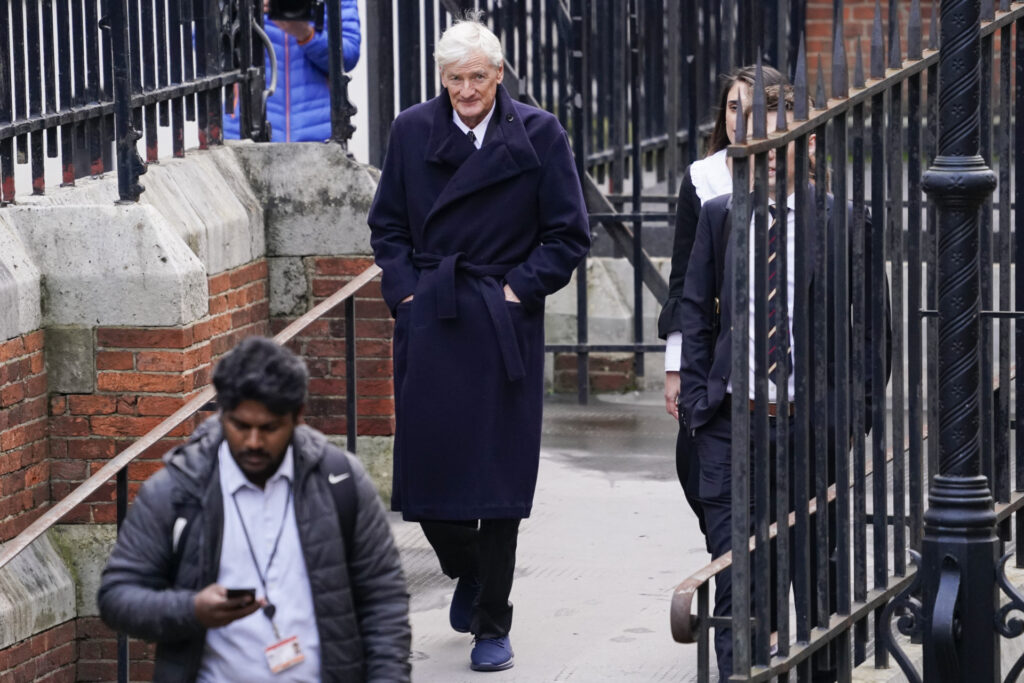Electric appliance maker Dyson is cutting about 1,000 jobs in the UK as part of a global workforce review, slashing its British workforce by more than a quarter.
The drastic moves come less than a week after the left-wing Labour Party claimed the national election and installed Prime Minister Sir Keir Starmer as leader.
The announcement by the firm, best known for the invention of the bag-less vacuum cleaner, coincided with the day new business and trade secretary, John Reynolds, hosted a call with 170 leaders from businesses and trade associations to set out his priorities and answer questions.
The Guardian reports staff were told on Tuesday morning about the cuts as part of moves to reduce the business’s 15,000-strong workforce around the world amid a wider cost-cutting drive.
Dyson’s chief executive, Hanno Kirner, promised the company would support those affected by the redundancies but pleaded there was very little choice but to cut the operation’s size:
Dyson operates in increasingly fierce and competitive global markets, in which the pace of innovation and change is only accelerating. We know we always need to be entrepreneurial and agile.
We have grown quickly and, like all companies, we review our global structures from time to time to ensure we are prepared for the future.
He added cutting jobs was “always incredibly painful.”
Dyson signalled the UK would remain a vital centre for its research and development operation even as more management and operations have moved to Singapore since 2019.
The BBC reports during the coronavirus pandemic, the firm cut 600 jobs in the UK and a further 300 worldwide, saying people were changing how they bought products.
Dyson was founded by inventor Sir James Dyson who is fifth on the Sunday Times Rich list with a personal wealth of £20.8bn.

File/James Dyson arrives at the Royal Courts of Justice, in London, on Nov. 21, 2023. the billionaire vacuum cleaner tycoon ost a libel lawsuit Friday against the Daily Mirror for a column that suggested he was a hypocrite who “screwed” Britain by moving his company’s headquarters to Singapore after supporting the campaign in favor of the U.K.’s breakup with the European Union. (AP Photo/Alberto Pezzali, File)
It is understood the decision to restructure was made before the general election was called.
Previously, the billionaire had accused the former Conservative government of having a “stupid” and “short-sighted” approach to the economy and business in the UK.
He said growth had “become a dirty word” during Rishi Sunak’s premiership.

COMMENTS
Please let us know if you're having issues with commenting.